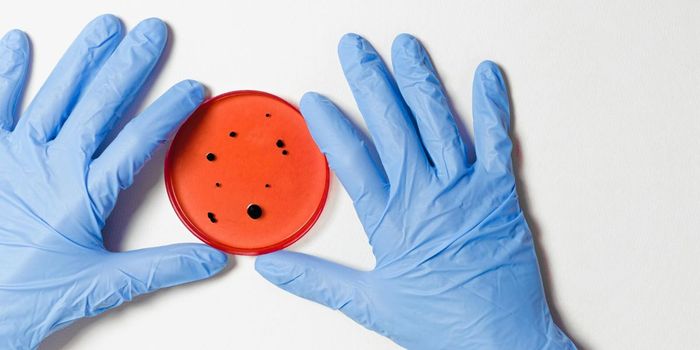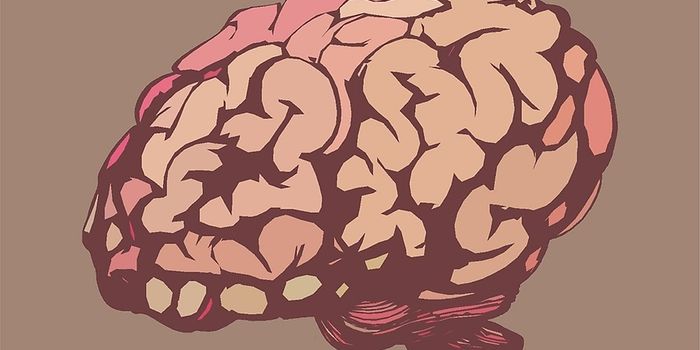The promise of immunotherapy in oncology is stronger than ever. Now, an international team of scientists and physicians from the Research Institute of the McGill University Health Centre (RI-MUHC), the Montreal Children's Hospital of the MUHC (MCH-MUHC), and McGill University in collaboration with French teams from AP-HP, Inserm, Université Paris-Descartes and the Imagine Institute at the Necker-Enfants Malades Hospital, have shed new light on a molecule called TIM-3 which may be implicated in the regulation of immune responses.

Tenzin Gayden (co-first author) in Dr. Jabado's laboratory at the Research Institute of the McGill University Health Centre in Montreal. -MedicalXpress
“The results of this collaboration demonstrate the regulatory role of the TIM-3 molecule in humans and they also provide strong arguments for reconsidering this entity as an inflammatory rather than a malignant pathology, and for promoting the use of immunosuppressive drugs in its treatment," explains Dr. Geneviève de Saint Basile.
According to the study published in journal Nature Genetics, the researchers have identified TIM-3 as a potential target for immunotherapeutic treatments in patients with cancer and other diseases. Specifically, they found that when the protein is under suppression, then immune responses become out of control and overly-activated leading to subcutaneous panniculitis T lymphoma (LTSCP), a rare form of lymphoma that starts in the lymphocytes.
Watch this short video below to learn more about Lymphoma:
They found that two forms of mutations at the origin of this syndrome that target TIM-3 protein, inhibiting it from expression on the surface of lymphocytes (T-cells)--attacking the cancer cells, thus, serving as a potential drug target. "The discovery of this mutation has shed light on a previously undescribed mechanism that allowed us to explain both the clinical presentation and the very particular evolution of these lymphomas under treatment," explains Dr. David Michonneau from the hematology-transplant service in the Saint-Louis AP-HP hospital.
The mutations have also been found in individuals of East Asian, Australian, and Polynesian origin as well as in patients of European origin. "For these patients with this rare form of lymphoma, our results reinforce the use of immunosuppressive therapies that will provide much better results and fewer side effects than cytotoxic chemotherapy," states Dr. Nada Jabado, professor of Pediatrics and Human Genetics at McGill University in Montreal.
Researchers are hopeful to use their study to see if a drug target, where TIM-3 is implicated, can help patients with other autoimmune diseases such as lupus, infectious diseases such as HIV or even malaria and multiple sclerosis.
Source: McGill University Health Centre








